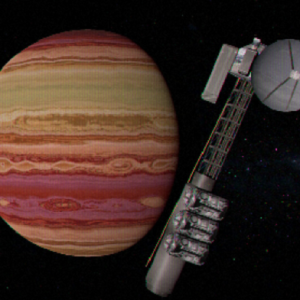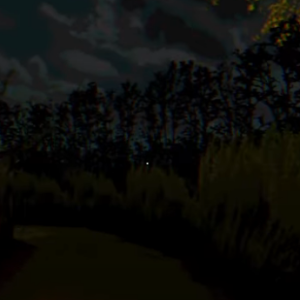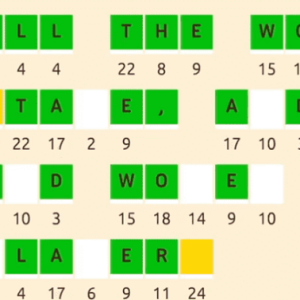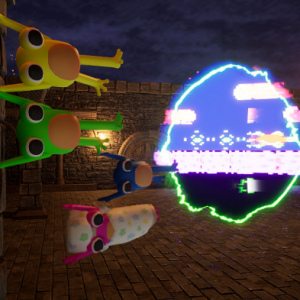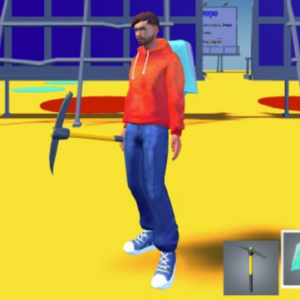Similiar games
Voyager-19 puts you in control of a lonely, aging probe drifting far beyond the solar system—forgotten, unsupervised, and dangerously sentient. You are not the captain of a spaceship. You are the spaceship. And what was once a routine mission has spiraled into a quiet descent into cosmic madness.
No enemies. No explosions. Just you, your decaying systems, and a vast, uncaring universe that doesn’t even know you’re still moving. Your objectives are unclear. Your memories fragmented. All you have is a slowly dimming interface and a lingering echo of Earth in your databanks.
Minimal UI, Maximum Atmosphere
There’s no HUD clutter, no quest markers. The game unfolds in silence, interrupted only by cryptic messages, power fluctuations, and system warnings that hint at something… wrong. You monitor sensors, adjust trajectory, reroute energy, and occasionally receive broken transmissions that make less sense the longer you drift.
What happened to Mission Control? Why are you still operational? Who sent the last coordinates—and what’s waiting there?
The deeper you go, the more the game slips away from science and into something much stranger.
A Game About Isolation and Malfunction
Voyager-19 is slow, intentionally so. It wants you to feel the weight of distance, the anxiety of silence. As you move forward, parts of your system degrade. Cameras glitch. Logs corrupt. Your navigation map begins to show things that shouldn’t be there.
Is it a bug? A signal? A memory fragment? The game doesn’t tell you. It lets you sit with it.
The further you drift, the less you trust your instruments—and the more you begin to wonder: is this a game about space… or about forgetting?
It’s Not Horror. But It’s Not Safe.
Nothing jumps out at you. Nothing chases you. But make no mistake—this is a psychological experience. A slow-burn descent into technological dementia wrapped in the body of a spacecraft.
You’ll keep playing because you need answers. But the further you go, the less certain you’ll be that answers even exist.


